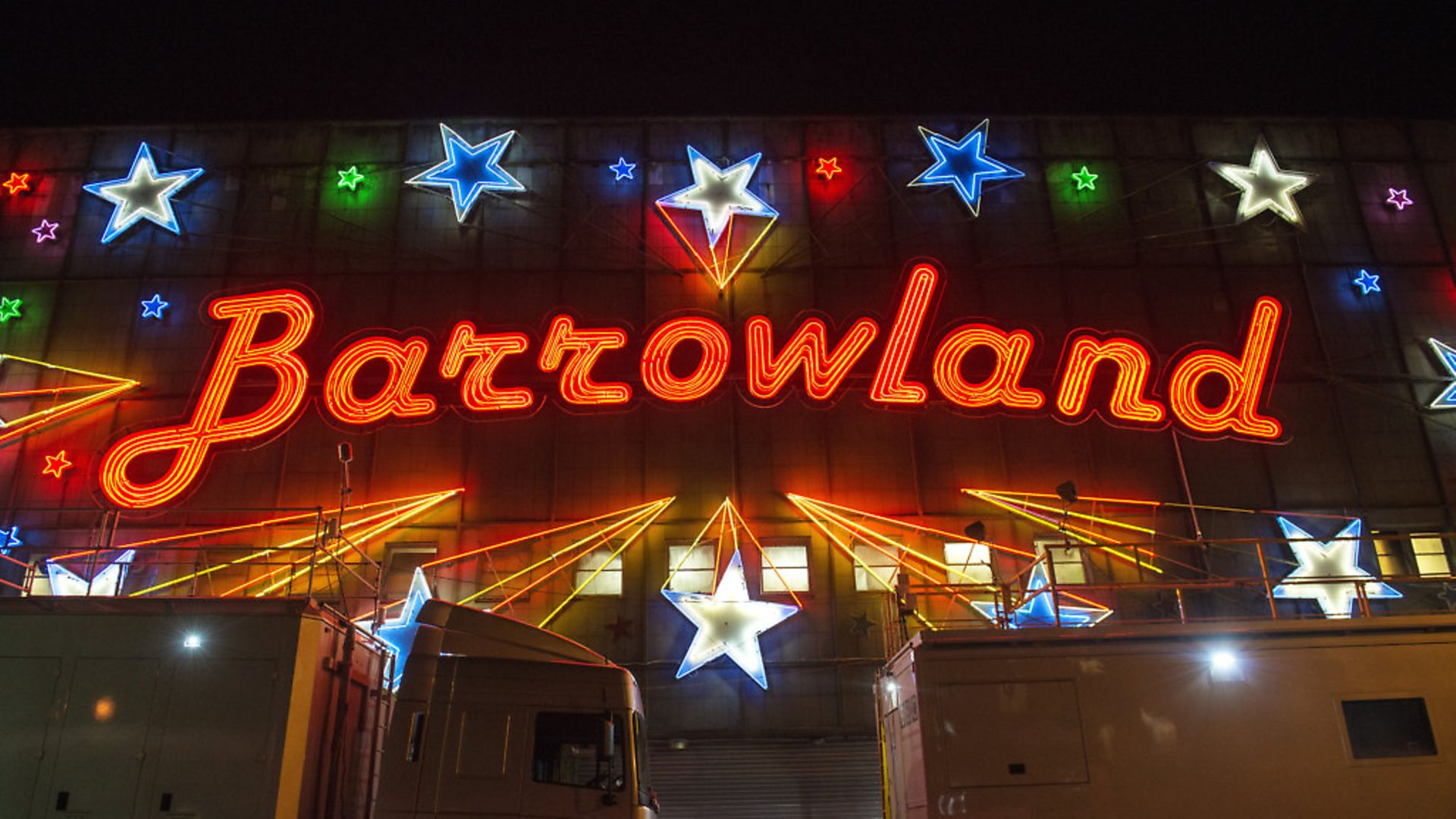
The multicultural man reflects on Brexit divisions as he takes a trip from the west to the east end of Glasgow.
“How was your ride today with Isla?” is not a question I’m usually inclined to answer – yet answer it I must, if I’m to remain a citizen of this brave new world of ours, with its ceaseless opportunities to assess and censure. At the university where I teach, my students are encouraged – nay, urged – to comment on my pedagogic performance on an almost daily basis; while if I write something for the media, the comments thread unravelling beneath it online will rapidly disabuse me of the idea that I’ve said anything remotely clever or significant. Why should I hold myself aloof from this culture of criticality, which is surely helping to make Johnsonian Britain one of the most enlightened countries in the world?
So, here goes: My ride was fine, Isla – you picked me and family up from Kelvingrove Park in the west end of Glasgow, and drove us to the Barrowland Ballroom in the east. On the way across – in fact, as we were doing a short leg, due to adverse traffic, on the elevated section of the M8 – I asked you whether you’d prefer to be a citizen of an independent Scotland that still belonged to the European Union, or of a united Britain that had left, and you said you thought the politicians should’ve had concrete plans for dealing with all eventualities before they called – or indeed campaigned for – the referenda that have proved so toxic to our body politic.
A sentiment, Isla, that’s become ubiquitous in our rived isle since that dread morning in 2016 when the majority of the population realised – perhaps for the first time ever – that the political class were neither soothsayers, nor wise Solons, but a bunch of chancers who’d bet the farm, and the subsidies along with it. But driving from the west to the east of Glasgow is as good a time as any to reflect on why we should’ve ever thought otherwise. In the west of Glasgow the average life expectancy for men is seven years lower than the national average – but in the east, it’s a cracking 28. (I quote the figures for men because the disparity is the greatest – but the women’s figures aren’t appreciably better.)
In the west end of Glasgow, men and women in Cummings-style gilets were walking silky Afghan hounds and curly Bichon Frises around the memorial to Lord Roberts, a deranged-looking imperialist cavalryman, seated – we hope? – for eternity on his galloping nag. The West Enders have all the time in the world – which is probably why they were eating soft scrambled eggs, Roman-style, with pecorino and black pepper at tables set up outside a trendy bistro. But in the east end, it was business as usual beneath the giant neon sign, dully proclaiming ‘Barrowland Ballroom’: a few ‘barras’ were ranged along the streets, and behind them ferret-faced men kept a sharp look out – as if anyone would want to nick their stock, which consisted mostly of old brass candlesticks, ancient and prolapsed suitcases, duff lapel badges they claimed were ‘original’, and assorted tobacco tins.
Once upon a time Barraland was the flea market – according to Isla, who worked there as a young woman, it was “a vibrant place, full of life – granted, not necessarily altogether legal, but since it’s been cleaned up it’s lost its spark”. But really, the clean-up was as much due to sectarian violence as it was receiving and selling stolen goods: Baird’s Bar, next to the Ballroom (which also contains a market hall), was a hotspot for Celtic fans, until too many ruckuses did for it. In the week when the government is expected to announce proposals which would effectively move the Irish border a few miles, it’s worth reflecting on how it already divides plenty of people on the British mainland. And has for a long time.
Catholics versus Protestants, Scots versus the English, the rich versus the poor and the black agin’ the white – is there any possible division either between or even within us that hasn’t yet been exploited by those seeking to foment chaos and disorder? Surely, the Brexit snafu is only the latest in a long line of such fractures, one that with its totalising capabilities seems to crush them into insignificance. But beware: this is only a semblance. On the side of Lord Roberts’s memorial there’s an extract from a speech he gave towards the end of his long and illustrious career of smiting the heathen: “I seem to see the gleam in the near distance of the weapons and accoutrements of this Army of the future,” he trumpeted to his Glaswegian audience, “this Citizen Army, the wonder of these islands and the pledge of the peace and the continued greatness of this Empire”.
Ah, yes! Such was the great prescience of our rulers in the past – ‘Bobs’ as he was affectionately known, gave this speech in 1913.
Warning: Illegal string offset 'link_id' in /mnt/storage/stage/www/wp-includes/bookmark.php on line 357
Notice: Trying to get property 'link_id' of non-object in /mnt/storage/stage/www/wp-includes/bookmark.php on line 37







